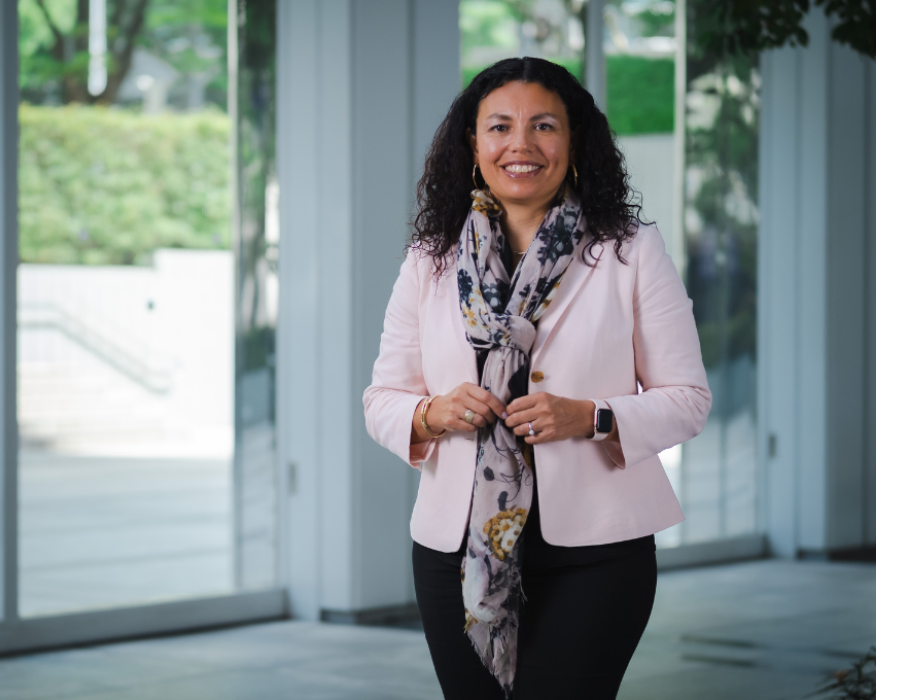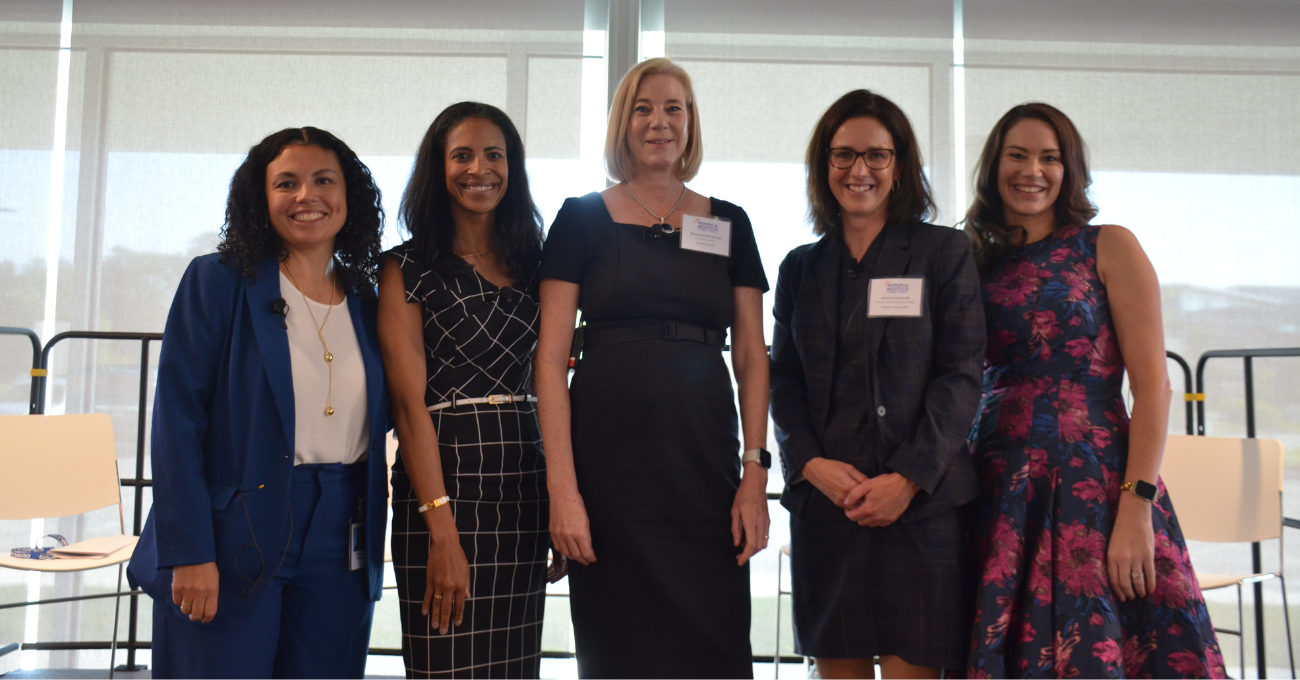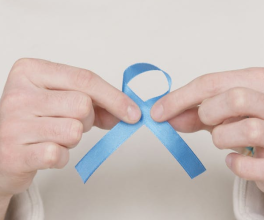
Risky Business: Women Execs in Medtech Talk Smart Risk Taking, Dangerous Inactions

Gabriela Kaynor, Division Head of Therapeutics Solutions, Olympus Corporation
The concept of calculated risk is not new. But smart risk taking creates unique opportunities to grow, according to Gabriela Kaynor, Executive Officer and Therapeutic Solutions Division Co-Head at Olympus. During her keynote address at the MassMEDIC “Women in Medtech Forum,” Kaynor defined smart risk taking and shared how it related to her own business experiences, setting the stage for panel discussions led by her colleagues in medtech and healthcare finance. The event was held September 7, 2023, and hosted by Olympus at its Westborough, MA, location, where a sold-out audience engaged in networking events and heard a Q&A session with panel presenters.
Kaynor on transparency and the risks of inaction
As the first female executive officer in Olympus’ 100+ year history, Kaynor knows a thing or two about taking smart risks. “Smart risks are decisions you make that move you toward innovation and transformation. They move you in the direction of your goals,” she told attendees, distinguishing the idea from “a reckless risk or a Vegas gamble.”
Risk might not be safe – but neither is inaction, according to Kaynor. Inaction is not a wise business or career tactic. She urged the audience to “understand the consequences of inaction,” adding that “doing nothing can be one of the most dangerous decisions you’ll ever make.”
Finally, Kaynor stressed the importance of understanding the unknowns in a decision and the need for transparency. “For your risks to be smart, you need to understand—and share—what you don’t know.”
“Smart risks are decisions you make that move you toward innovation and transformation. They move you in the direction of your goals.”
Self-judgment, career lattices, and owning errors
In addition to admitting what you don’t know, seeking mentors, making lateral moves, and owning mistakes were points made by panelists in the Q&A discussion hosted by Erin Pipech, Senior Manager, Global Business Development Operations and Planning at Olympus. The following are some excerpted responses to Erin’s questions:
Q: Tell me about how you cope with imposter syndrome.
A: We judge ourselves against other people rather than trusting that we’re intelligent and know our businesses in and out. It’s imposter syndrome. And we don’t take risks because of it. That’s where your personal Board of Directors comes in. The people around you—friends, family, professional mentors—often see in you what you can’t see in yourself. We need mentorship and sponsorship at work, and we need the support of our friends and family at home. They help us realize our potential.
It’s also so important to talk to people who might seem intimidating at first. It can feel like the high-powered people on the top floor know everything, but if you start hearing their stories or telling them your mistakes, they often say, “Oh yeah, but you should hear what I’ve done,” and it’s always way worse! Their stories make me laugh and help me realize if there’s hope for them, there’s hope for me.
--Valerie Dixon, Managing Director, Healthcare Investment Banking Group, Morgan Stanley
Q: As you think about growing in your career, what are some smart risks people don’t always consider?
A: Often, people come into my office and say, “I want to get promoted.” But career growth isn’t always about linear promotion – it’s also about lateral moves. I call it the career lattice, not the career ladder.

Pictured from Left: Gabriela Kaynor, Valerie Dixon, Donna Ford-Serbu, Jessica Schneck, Erin Pipech
If you want to get to general management or be CEO of your company or do something broader than your functional area, you have to take lateral moves. Move to different parts of the organization. Get a feel for how other people work. Get a feel for what everybody is talking about. Speak their language. Do it early. Then, when you’re in a leadership position, you know where the teams are coming from. A lateral move can be a risk, and it can be a smart risk.
--Donna Ford-Serbu, co-founder and CEO, Eximis Surgical
Q: When you make a mistake, especially if it’s a noticeable mistake, how do you cope? How do you stay positive and keep your learner mentality?
A: I used to stay up nights going over a mistake in my head. But what I learned through trial and error is that when you talk about your mistakes, embarrassment loses its oxygen. Now, when I fail, I typically call people … and say, “This happened to me today.” I usually expect … everyone to be shocked and horrified. Yet every time, people say, “Really, Jess, is that all?” And that takes the shame out of the mistake.
I also learn from [the] responses. Everyone in my personal and professional support system has a unique viewpoint on my mistakes. So, I aggregate their responses. And then I take their lessons into my next decision. I’m constantly learning from my mistakes and the people around me.
--Jessica Schneck, Director of Business Development R&D, Olympus
‘We’re on our way’
For Olympus, the intended takeaway of this event is the company’s commitment to women in leadership, and smart risk taking in business is just one expression of our core value of “agility.” Kaynor reflected on how this relates to Olympus’ transformation plan to grow as a global medtech company. “Olympus is still writing our story, and I am still writing the story of my career,” she said. “I can’t tell you the full outcome of the risks we’ve taken because we haven’t arrived yet. But we’re on our way.”
Seeking a leadership opportunity?
Consider joining our talent network by clicking below.





